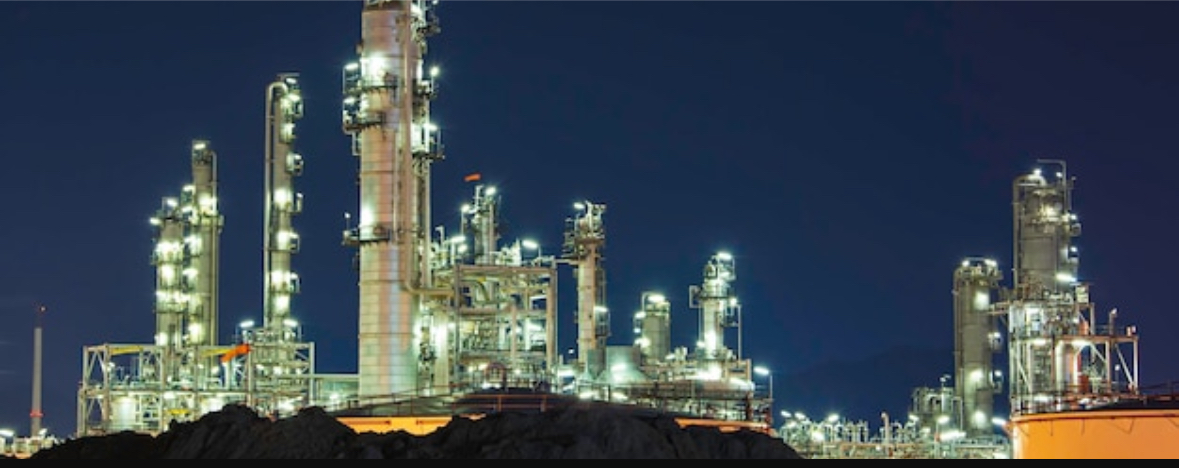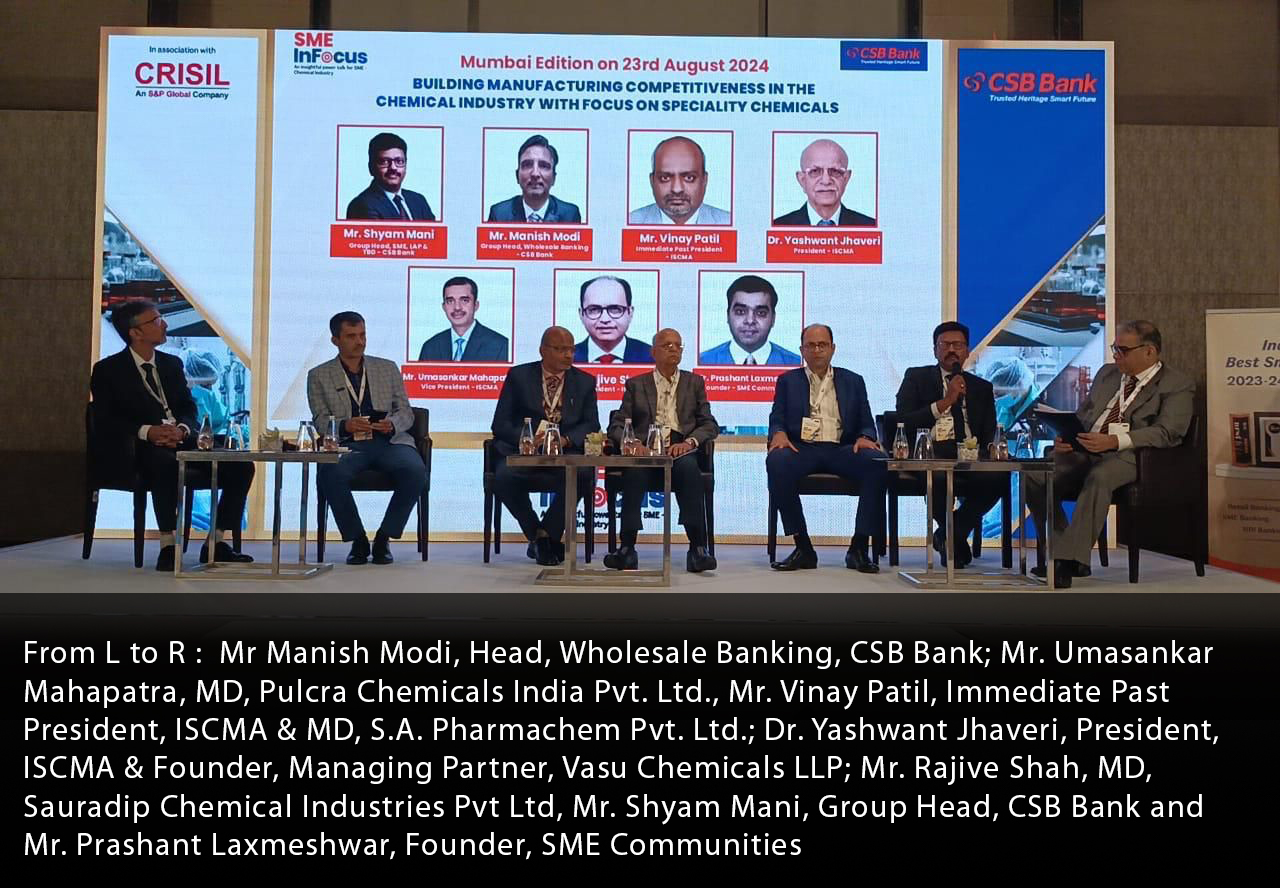Indian SMEs poised for growth in specialty chemicals market

The specialty chemicals industry in India is at a pivotal juncture, characterized by substantial growth and dynamic opportunities, particularly for Small and Medium Enterprises (SMEs). As demand escalates across various sectors such as pharmaceuticals, agriculture, automotive, and consumer goods, SMEs are uniquely positioned to capitalize on both domestic and international markets.
Specialty chemicals are a segment of the chemical industry that produces chemicals used for specific applications. The constitute approximately 20% of the total chemicals market in India. Unlike commodity chemicals, which are produced in large quantities and used for broad applications, specialty chemicals are manufactured in smaller volumes but provide significant value by offering unique functionalities. These chemicals include additives, adhesives, sealants, lubricants, cleaning materials, dyes, pigments, coatings, polymers, and elastomers. They are integral to the performance of products in industries such as pharmaceuticals, agriculture, construction, textiles, and personal care, due to their specialized properties and ability to enhance product performance.
Growth trajectory
India’s specialty chemicals market is projected to reach $67 billion by 2024, growing at a compound annual growth rate (CAGR) of 7.5% from 2023 to 2029. This growth is driven by several factors, including the diversification of end-use industries, significant government initiatives, and rising domestic consumption. A McKinsey report states that India is expected to account for over 20% of incremental global consumption of chemicals over the next two decades, with domestic demand projected to surge from $170 billion to $180 billion in 2021 to a staggering $850 billion to $1,000 billion by 2040. This surge presents an immense opportunity for SMEs to capture a significant market share.
The global shift in supply chains, driven by evolving geopolitical scenarios and the need for more resilient supply chains, further positions India as a preferred manufacturing hub for specialty chemicals. Companies are increasingly looking to diversify from traditional manufacturing bases like China, and India’s competitive advantages, such as lower labour and utility costs and competitive infrastructure costs, make it an attractive alternative. These factors create a fertile ground for SMEs to expand their operations globally
Internationally, the specialty chemicals market size is expected to see steady growth in the next few years. It will grow from $774 billion in 2024 to $937.28 billion in 2028 at a compound annual growth rate (CAGR) of 4.9%. This growth is driven by increased demand for high-performance coatings, advancements in smart manufacturing and Industry 4.0 practices, and a notable shift towards environmentally friendly solutions. The global market also sees significant potential in sectors like aerospace, where specility chemicals are crucial for advanced materials and coatings that enhance performance and durability.
For Indian SMEs, focusing on niche markets and developing specialized products can be a strategic move to avoid direct competition with larger players. Targeting areas such as high-performance coatings, personal care products, and eco-friendly chemicals allows SMEs to carve out unique market segments. The export potential is also substantial, with growing international demand for Indian specialty chemicals. By adhering to global quality standards and leveraging trade agreements, SMEs can significantly expand their market reach.
Challenges for SMEs in chemicals sector
- Navigating the complex regulatory landscape, both domestically and internationally, requires significant investment in compliance with stringent environmental and safety standards.
- Access to capital is another critical issue, often impeding SMEs’ ability to invest in advanced technologies, R&D, and capacity expansion.
- The industry’s demand for a highly skilled workforce poses a challenge, as SMEs compete with larger companies for top talent.
- High production costs, including raw material procurement and energy expenses, can strain financial resources for SMEs.
- Limited market access and distribution networks can hinder the ability of SMEs to reach broader customer bases.
- Maintaining consistent quality and meeting international standards requires continuous investment in quality control and certification processes.
- Volatile market conditions and fluctuating demand can impact business stability and growth prospects for SMEs.
- Intellectual property protection and managing patent-related issues can be challenging, particularly for SMEs with limited legal resources.
- Environmental sustainability and waste management pressures require SMEs to adopt greener practices, which may involve additional costs.
- Keeping pace with rapid technological advancements and digital transformation demands ongoing investment in training and infrastructure.
Despite these challenges, the future looks promising for SMEs in the specialty chemicals sector. Strategic investments in technology, compliance, and talent, coupled with a focus on innovation and sustainability, can enable SMEs to capitalize on the burgeoning opportunities. By leveraging government support and forming strategic partnerships, Indian SMEs can not only contribute to the growth of the specialty chemicals industry but also establish themselves as formidable players on the global stage. The convergence of rising domestic consumption, shifting supply chains, and changing consumer preferences creates a fertile ground for SMEs to thrive and drive the next wave of industrial growth in India.








